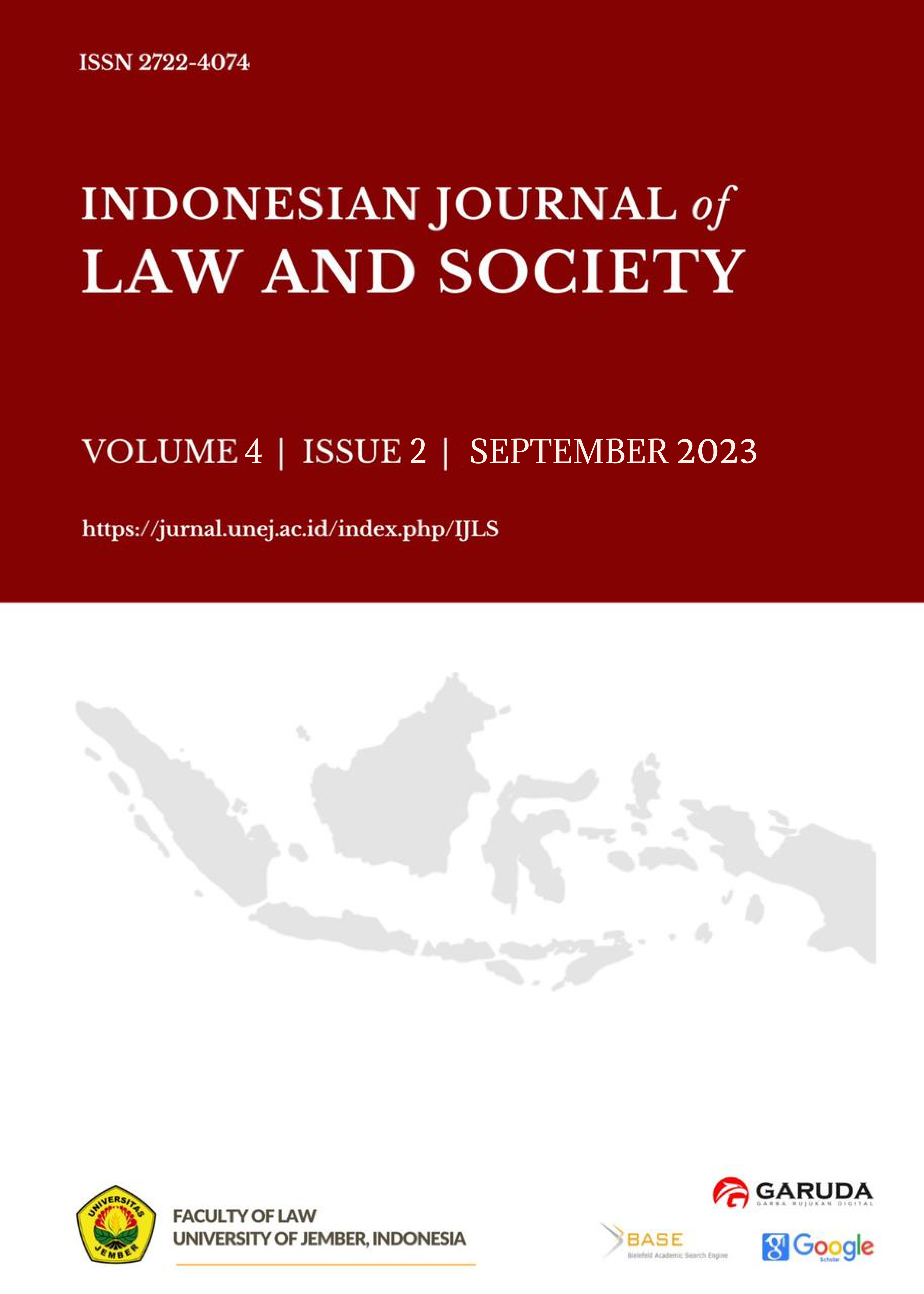The Legal Protection of the Digital Platform Workers in Indonesia
Lesson Learned From Germany and the United Kingdom
DOI:
https://doi.org/10.19184/ijls.v4i2.41915Abstract
This study analyzes labor law arrangements in Indonesia, Germany and United Kingdom, mainly how several countries protect digital platform workers. Furthermore, this research evaluates the implementation of such a law to advance labor law in Indonesia in protecting digital platforms workers. This research used normative legal analysis, employing a statutory, conceptual, and comparative approach with Germany and the United Kingdom. The results indicate that the dynamics of new employment status or partnership working relationships and workers’ flexibility in the gig economy phenomenon are not only found in Indonesia. Several countries, for example, Germany and United Kingdom, have found strategies to tackle this phenomenon. The government can address the above employment problems in two approaches: via court decisions and amending or revising relevant legislation. Classifying the status of employment relationships in this new phenomenon is crucial for implementation in Indonesia. In the future, such classification can be used as a reference in developing Indonesian Labor Law. The government should consider the necessary substantive protections for workers, from flexible working arrangements to creating new standards more responsive to the structure of growing organizations and the emergence of algorithmic management.
Downloads
Downloads
Published
Issue
Section
License
The Indonesian Journal of Law and Society has CC-BY-SA or an equivalent license as the optimal license for publishing, distributing, using, and reusing scholarly work. Authors who publish with this journal retain copyright and grant the journal right of first publication with the work simultaneously licensed under a Creative Commons Attribution-ShareAlike 4.0 International License that allows others with permission from the publisher to share the work with an acknowledgment of the work's authorship and initial publication in this journal.


